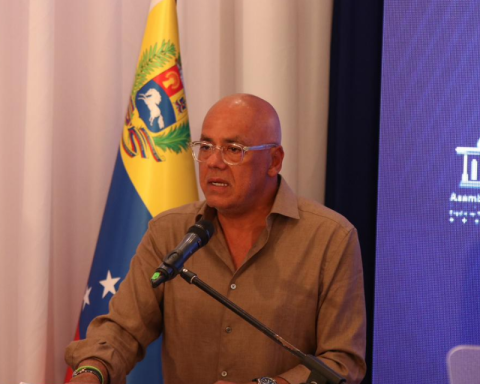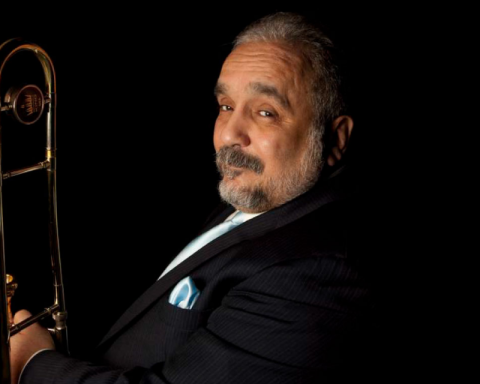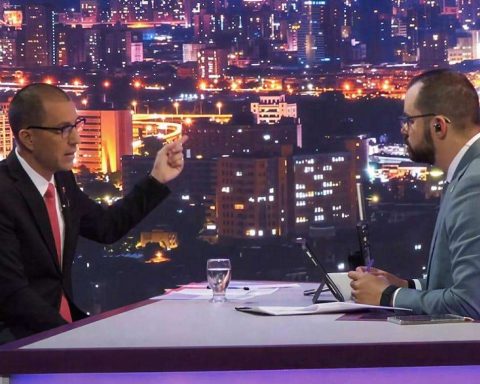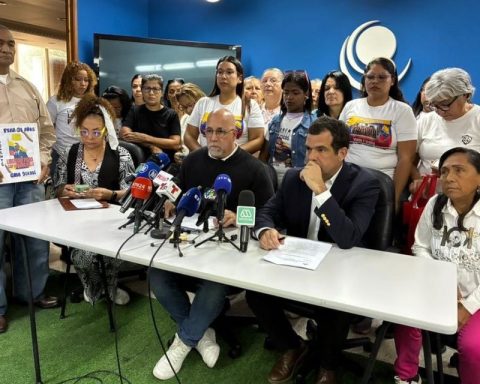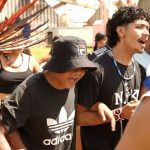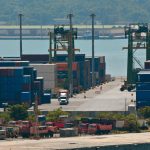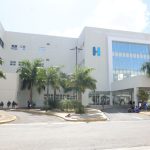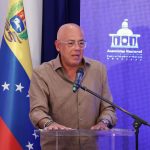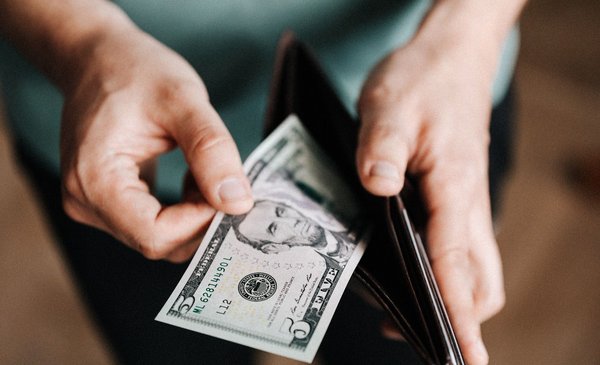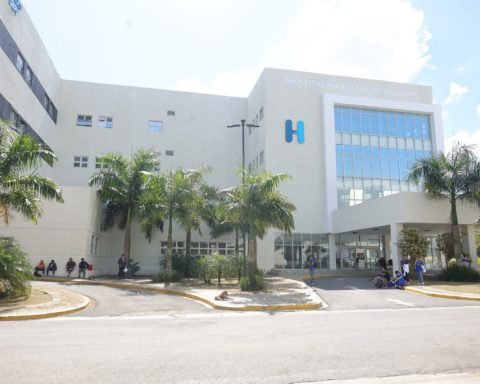The investigation into corruption schemes in two courts in the country, as well as PDVSA and Sunacrip, only yield detainees and new raids to determine responsibilities. But the actions of these public officials can be analyzed to determine other possible damages to the national patrimony. Nor can the actions of the Public Ministry be excused in the case of judges, says criminal lawyer Joel García
The anti-corruption purge carried out by the Venezuelan authorities since March 17 has so far discovered three plots that affect assets and even national security: Pdvsa Cripto, named after the prosecutor Tarek William Saab and that it has the largest number of detainees, bribes in courts in exchange for favors and the involvement of a former mayor with two criminal gangs that keep the central states flogged.
On March 25, prosecutor Saab assured in a press conference that nine public officials, attached to PDVSA and Sunacrip, a deputy of the National Assembly and 11 businessmen were linked to the PDVSA Crypto plot, which used finger allocations. of crude oil to individuals and the diversion of that money through cryptocurrencies as its modus operandi.
#STARTS… audience of #imputation of [email protected] [email protected] by the plots of #corruption involving officials from PDVSA, Sunacrip, Judges and businessmen: The @MinpublicoVEN #WILL REQUEST FOR [email protected] PRIVATION OF LIBERTY #MaximumJustice pic.twitter.com/tGENx8l9uZ
—Tarek William Saab (@TarekWiliamSaab) March 29, 2023
The legal team of Transparency Venezuela explains that all actions of public officials are subject to control, “both by internal control bodies (internal audit unit) and by external control bodies (General Comptroller’s Office)”.
The National Assembly can also exercise control functions over the Government and the national public administration, “and can require the officials the necessary information for the exercise of this control.”
*Also read: 52% of those arrested for the Pdvsa Cripto plot are businessmen
Transparency Venezuela points out that the Organic Law of Public Administration, the Organic Law of the Financial Administration of the Public Sector, the Procurement Law and the Anti-Corruption Law oblige officials to:
- Render accounts of public assets and resources under their administration, control or custody
- Publish the bidding processes, award of contracts
- Budget Execution
- Goods, among others.
But is it only possible to judge by these crude allocations? The Transparency legal team clarifies that in a criminal proceeding, the Public Ministry “can expand the accusation and include new facts, especially if we are in the presence of acts of great corruption and complex plots.”
«The particular case of investigations into alleged cases of grand corruption against PDVSA officials and other entities, without a doubt, should alert other control bodies (Internal Audit, Comptroller General), so that they direct their inspection work on public resources. handled by the people investigated and thereby contribute to the detection and denunciation, before the criminal investigation bodies, of any other alleged crime,” they point out from the NGO.
judges in corruption
In the case of judges José Mascimino Márquez, Yorwis Bracho Gómez and the former president of the Judicial Circuit of Caracas, Cristóbal Cornieles, they were accused of granting substitute measures or changing accusations through bribery.
The lawyer specialized in criminal law Joel García clarifies that, in this process, only the review of the file or files detected by the Public Ministry where it is presumed that there was an irregular action is appropriate.
But the previous decisions already have the character of res judicata and, consequently, they are not reviewable, explains García. He gives the example of judge José Mascimino Márquez and Cristóbal Cornieles, where they are only being investigated for the irregularities that led to a precautionary measure substituting freedom in favor of Oswaldo “el Pelón” Cheremos Carrasquel, linked to the criminal organization known as the “Train of the Plain”.
*Read also: RESEARCH | The favorite judges of the Venezuelan revolution
That substitute measure of freedom was already revoked by another judge, due to the presumption of the act of corruption. Similarly, it would correspond to the MP to investigate whether there are other cases where corruption is presumed by decision of these judges.
In addition, García assures that “it is striking, in the case of the person linked to the Tren del Llano, what role did the prosecutor play there? The prosecutor could object. Did he do it? No. So this table is missing legs, because the prosecutor who acted in that case must also be investigated. Why didn’t the prosecutor exercise his resources in a timely manner? That has to be found out.”
The lawyer points out that these cases of corruption generally occur through a network between the Public Ministry (prosecutors), the detainee himself through his defense and the judge. “The Public Ministry cannot be excused from these situations because they did not exercise the resources to avoid it.”
Post Views: 251


